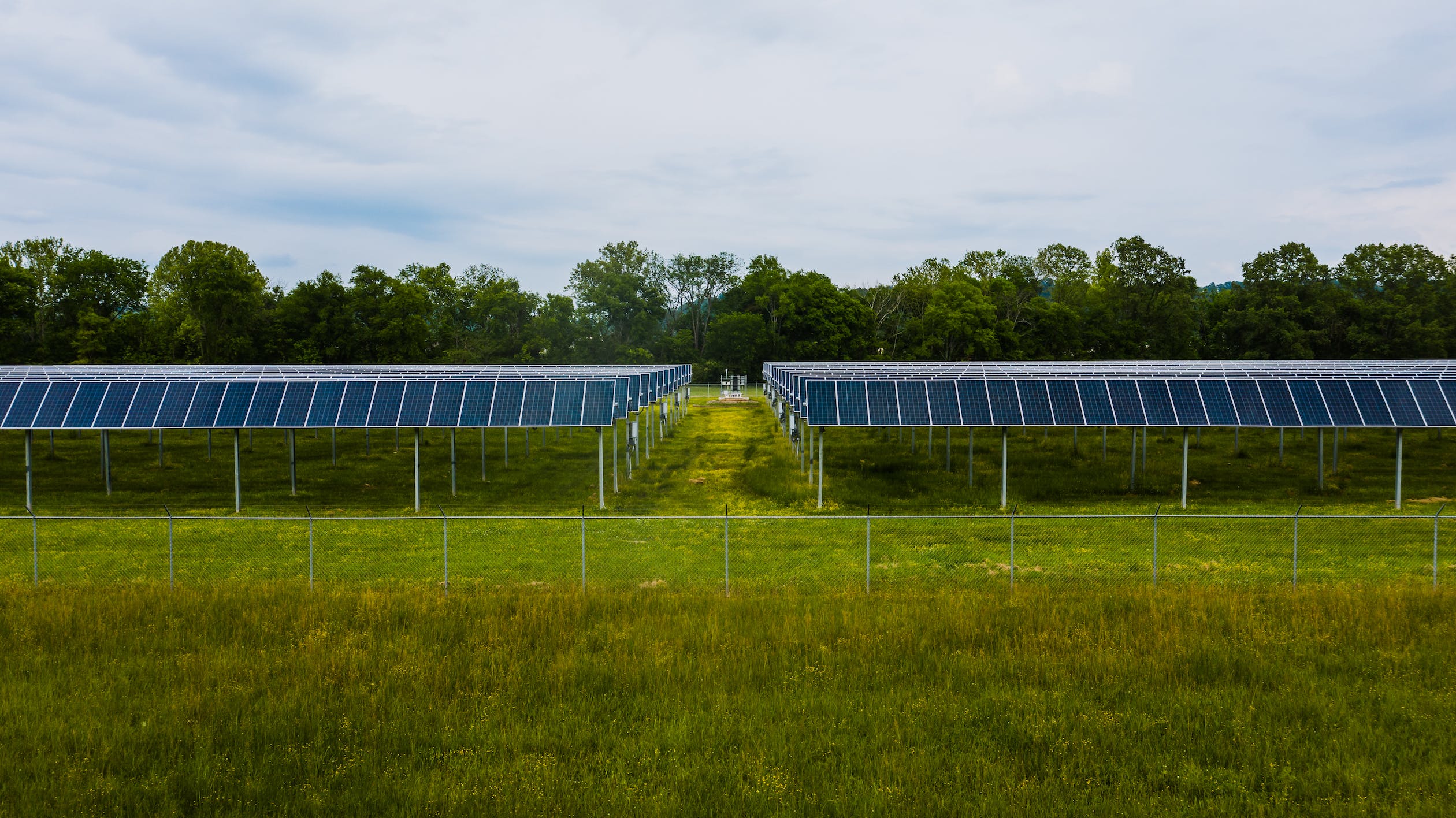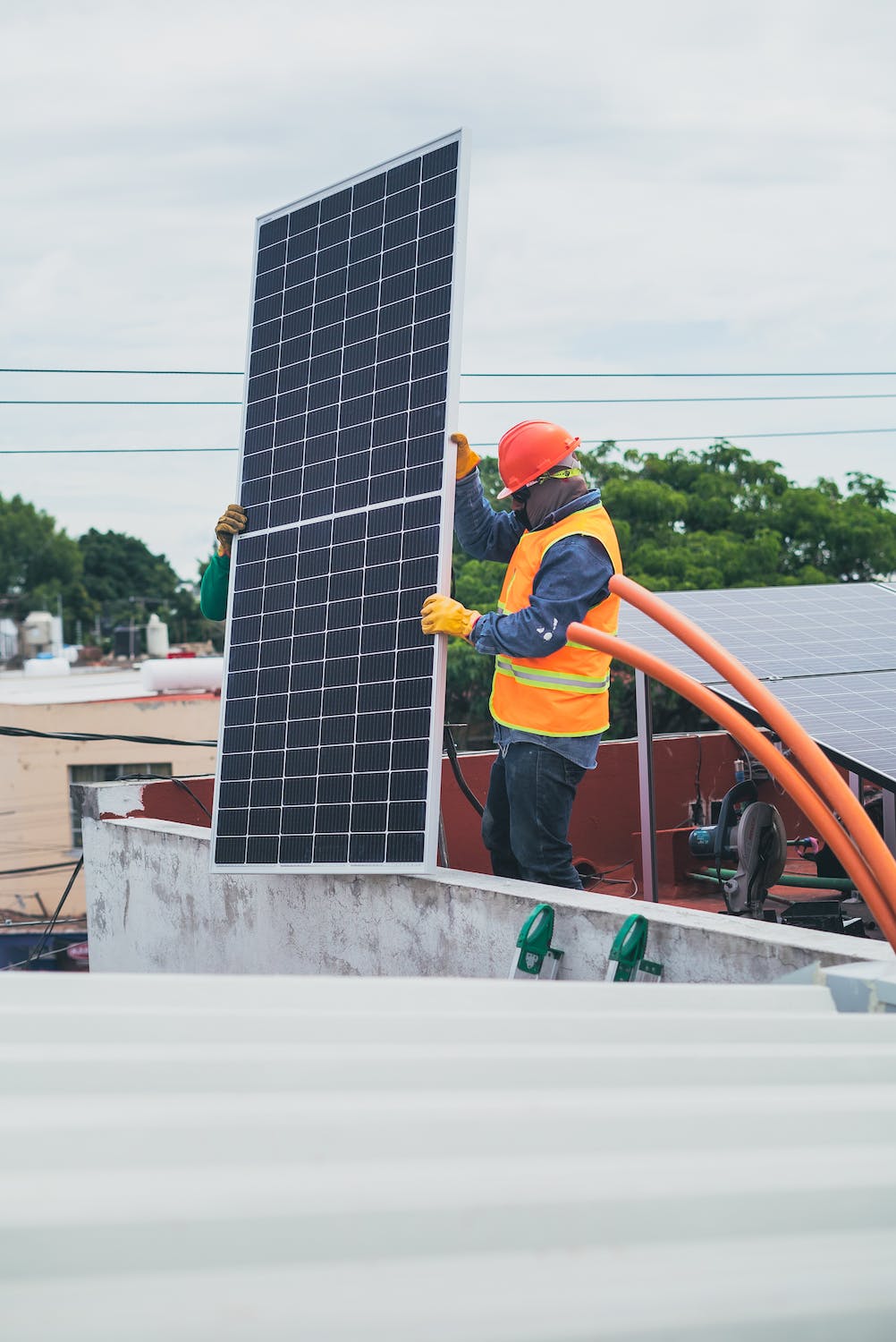
Solar Batteries
Home / Service / Solar Batteries

Home / Service / Solar Batteries
Introduction to Solar Batteries
Solar batteries store energy through a process known as charging and discharging. When solar panels generate excess electricity during the day, it is directed to the battery for storage. The charging process involves converting the DC electricity produced by the solar panels into AC electricity using an inverter. This AC electricity is then used to charge the battery.
During discharging, the stored energy in the battery is converted back into AC electricity and used to power homes or businesses. The inverter converts the DC electricity from the battery back into AC electricity that can be used by electrical appliances and devices. The amount of energy that can be stored and discharged by a solar battery depends on its capacity, which is measured in kilowatt-hours (kWh).
How Solar Batteries Store Energy
Solar batteries store energy through a process known as charging and discharging. When solar panels generate excess electricity during the day, it is directed to the battery for storage. The charging process involves converting the DC electricity produced by the solar panels into AC electricity using an inverter. This AC electricity is then used to charge the battery.
During discharging, the stored energy in the battery is converted back into AC electricity and used to power homes or businesses. The inverter converts the DC electricity from the battery back into AC electricity that can be used by electrical appliances and devices. The amount of energy that can be stored and discharged by a solar battery depends on its capacity, which is measured in kilowatt-hours (kWh).
Advantages of Solar Batteries
Solar batteries offer numerous benefits in energy storage systems. One of the main advantages is the ability to store excess energy generated by solar panels for later use. This allows homeowners and businesses to become more self-sufficient and less reliant on the grid, reducing their energy costs and carbon footprint.
Solar batteries also provide a reliable backup power source during power outages. In areas prone to blackouts or where grid reliability is a concern, having a solar battery system can ensure uninterrupted power supply. This is particularly important for critical infrastructure such as hospitals, schools, and emergency services.
Furthermore, solar batteries contribute to the stability and resilience of the electrical grid. By storing excess energy during periods of low demand and releasing it during peak demand, solar batteries help balance the supply and demand of electricity, reducing strain on the grid and improving overall efficiency.
WeCo Lithium Battery Storage ESS 5K3 – R20
The WeCo modular lithium battery is one of the most advanced on the market for storage in solar pv energy systems. The WeCo battery is expandable and allows to connect from 1 module of 5.3kWh to 5 modules in parallel or even to add 5 clusters of 5 modules each thanks to the WeCo HUB to reach up to 132.5kWh.
Key Features:
· High & Low Voltage.
· Same unit, multiple configurations.
· Programmable as High or Low Voltage.
· Wall mount\Floor mount.
· Monitoring and remote update.
· WeCo’s proprietary APP can monitor the performance of your storage system.



A form where clients can input their details so they can arrange a survey of their property for solar panel installations.